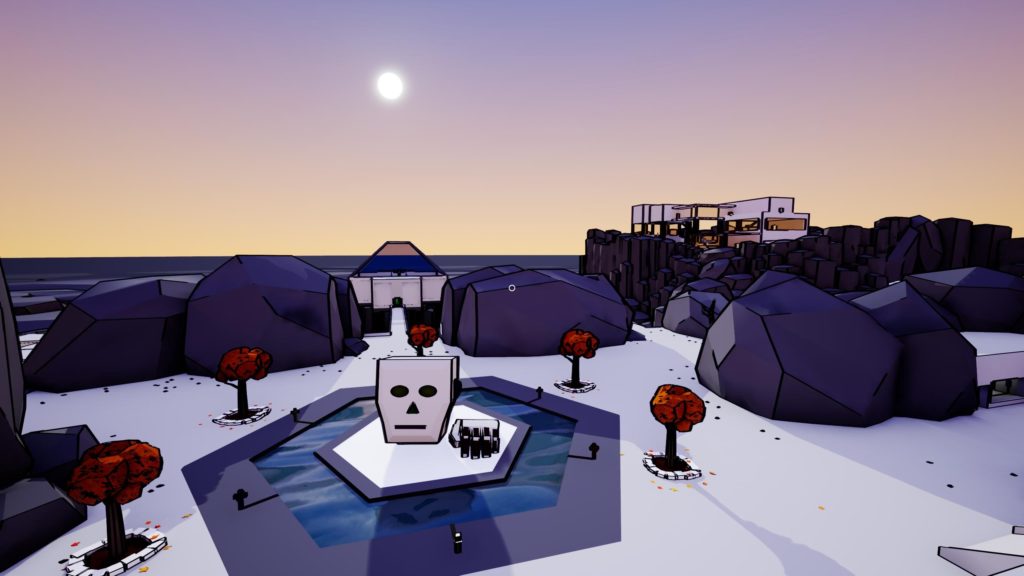
PC
I am not going to pretend to have finished Sensorium. I’m not entirely sure I will be able to without all manner of YouTubing naughtiness. But I have really enjoyed my time with this The Witness-inspired puzzling island. A hell of a lot more than I ever did playing The Witness.
If you’ve played Blow’s enormously successful puzzle game, you’ll already be familiar with what Sensorium is up to. A freely explorable island, covered in puzzles, rooms containing puzzles, buildings containing multiple rooms containing multiple puzzles, courtyards of puzzles, towers of puzzles… you see where this is going. Except, there are two crucial differences:
- Sensorium is far more approachable from the start
- Sensorium isn’t an incessant waterfall of smugness
Those are good differences.
It’s not a clone, however. Here the puzzles are linked together by circuit board patterns, with NOT, AND, NAND, etc gates taught to you very speedily at the start, then interwoven into the elaborating puzzle formats as you progress. And while the art is nowhere near as impressive as The Witness’s, it has its own peculiar style that grew on me the more I played.
Without feeling the need to interrupt itself every few minutes to give you a sixth-form philosophy lesson, it’s amazing how much more welcoming an atmosphere this offers. It’s also nice that while its puzzles become brilliantly intricate, they’re less deliberately obtuse.
This led to great amusement on my part when, after getting stuck on one puzzle, I found a video of Jonathan Blow trying to play it and taking longer over some of the previous puzzles than I did. He’s a FAR cleverer man than me, and it was really interesting to watch how he solved puzzles with his zippy-fast brain, while I’d been scrawling on pieces of paper. But then he’d over-think things, and I got to heckle at my monitor yelling, “IT’S NOT A NOT GATE, YOU SILLY MAN!” and feel really smart and, oops, smug.

There’s a good amount of game here – it’s a lot shorter than The Witness, but then, good – I’m a way in, and I’m convinced. And indeed frustrated that this isn’t already more famous. Being derivative of something enormously popular is often more of a hindrance than a help, and that’s likely an issue too. I mean, I strive to review things in isolation, and yet all I’ve done is compare it to The Witness throughout. It’s kind of inescapable. But I honestly prefer it, even though I can recognise that it’s not as good in almost every way. It’s more light-hearted, and there are more puzzles solved with more innovative, lateral methods.
God knows why either game is compared to Myst. Developer Tad Cordle invokes this deliberately on the game’s Steam page. That infuriates me beyond comprehension, given Myst was a god-awful attempt at a story-driven adventure with some woefully poorly designed puzzles in the way, while both of these are puzzle-led games that approach narrative via architecture and design. It’d be like creating a super-powered rocket and describing it as a “Ford Fiesta-like”. Stop that.

Ooh, and brilliantly, not only does it have a colourblind mode, but a tone deaf mode too! As someone who absolutely flat-out cannot solve puzzles based on recognising tones, this was a proper delight for me.
This is well-worth grabbing, and I’d say that’s true for both fans of The Witness, and those repelled by it.
- Tad Cordle
- Itch, Steam
- £7/€8/$10
- Github Page
All Buried Treasure articles are funded by Patreon backers. If you want to see more reviews of great indie games, please consider backing this project.



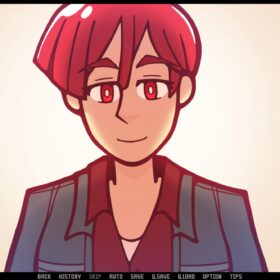

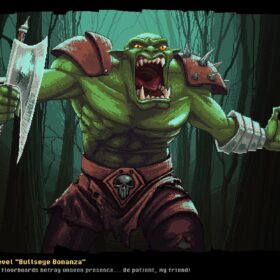
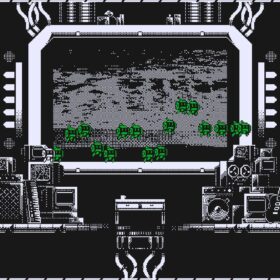
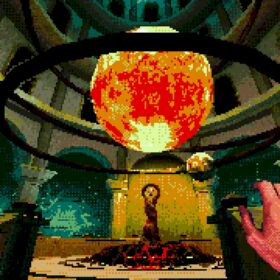
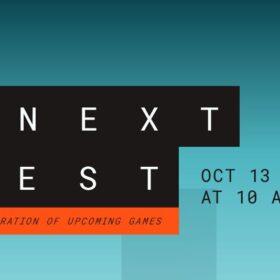
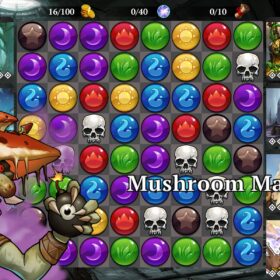
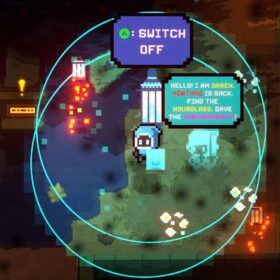

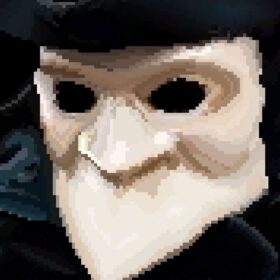
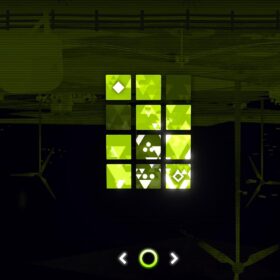
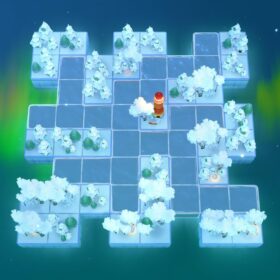
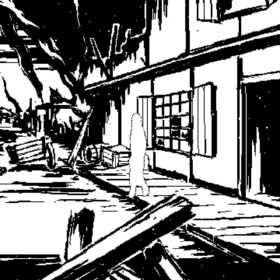

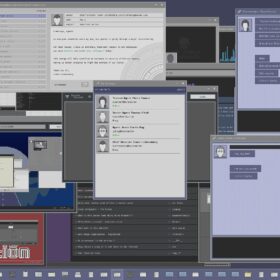
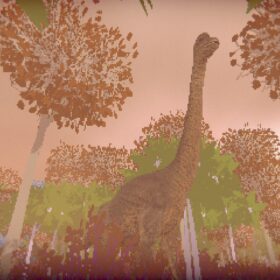
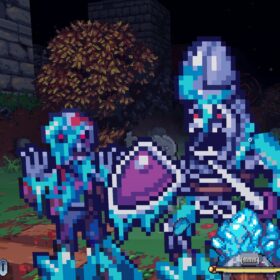
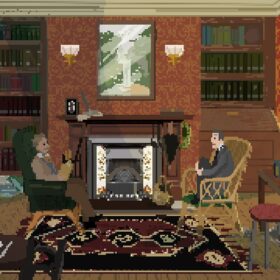
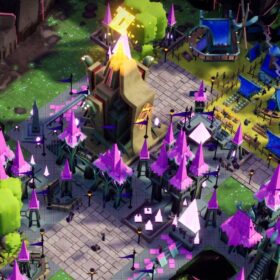
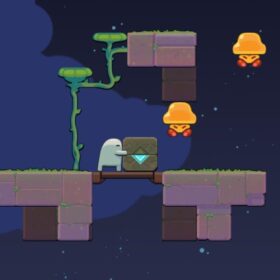
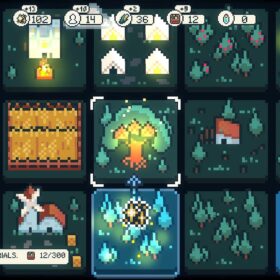

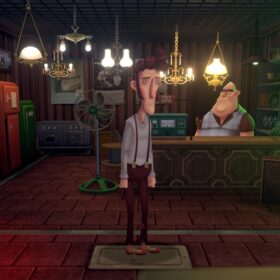
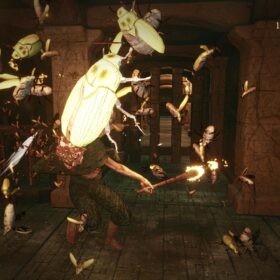

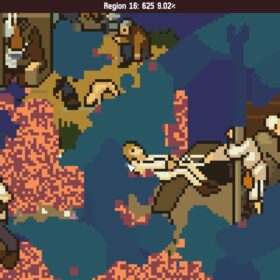
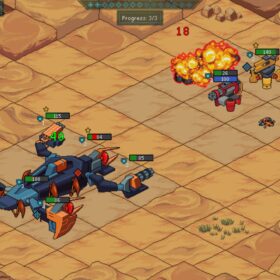

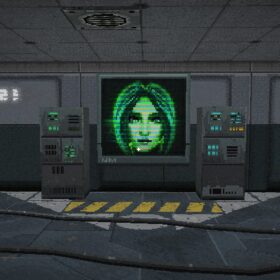
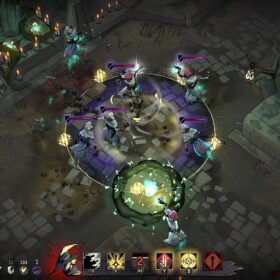
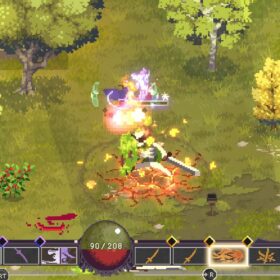
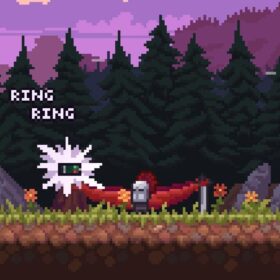
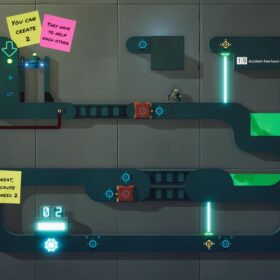
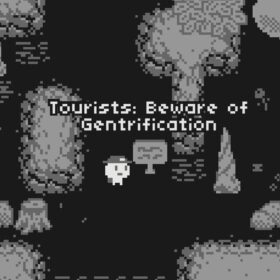
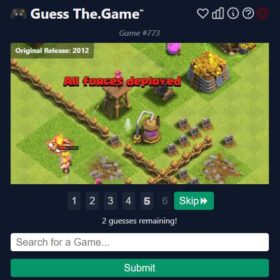
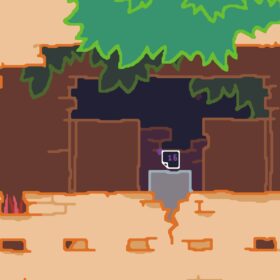
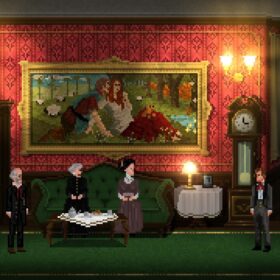

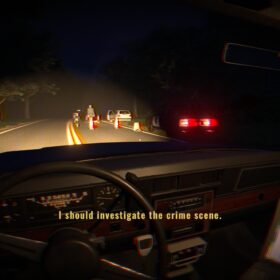
I am both impressed and incensed by how you managed to dress up a hit-piece on both The Witness and Myst as a review of a game that I’m now certainly going to play.
(I’m not actually incensed. But you managed to make me keenly aware that I hold a certain reverence for The Witness that results in an twinge of defensiveness at even the slightest of slights. (You’re spot on about Myst, though.))
Does Sensorium have anything as clever built into it as the other layer of puzzles all through The Witness?
Realizing that other layer existed was a gigantic wow moment for me (even if I never cared enough to hunt them all down)
Wow, absolutely what I was looking for over the weekend! Yes its very much built upon the ethos of the Witness, but the Witness wasn’t completely novel in its approach either. It focusses purely on the fun puzzley bit and isn’t so hyper focussed on the line nonsense to constrict itself in what the puzzles can actually be. Love it!
The addition of a ‘tone deaf’ mode is just hilarious though.